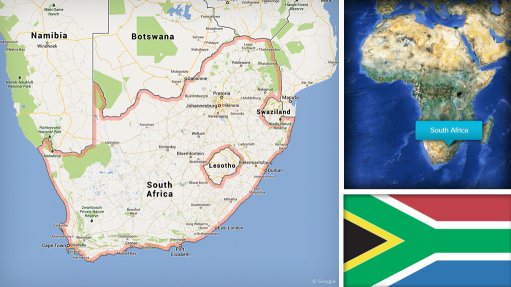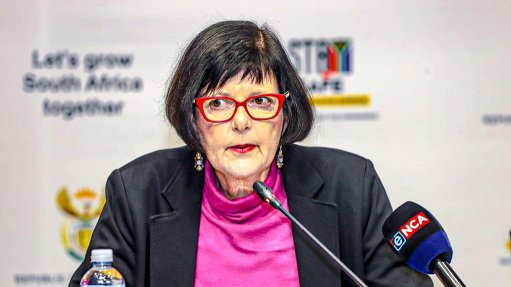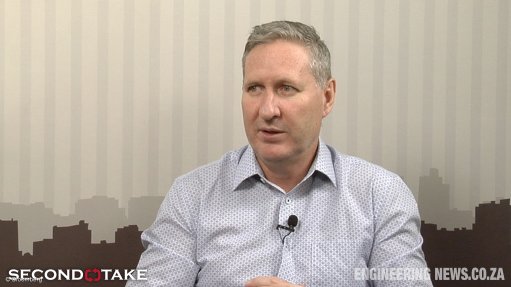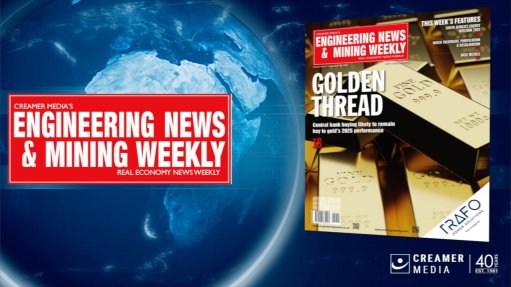Oxford researchers say current business climate reporting standards are inadequate
Researchers at the University of Oxford in the UK have concluded that current corporate climate reporting standards are inadequately incentivising the large-scale innovations needed to achieve net-zero corporate greenhouse gas emissions. The researchers, Kaya Axelsson, Claire Wigg and Dr Matilda Becker, are based at the university’s Smith School of Enterprise and the Environment. Their work has been peer-reviewed.
“Of the 2 000 largest companies, close to half still do not have a net-zero target, while some are going further without reward,” pointed out Becker. “We need to incentivise companies’ efforts beyond their boundaries.”
So far, corporate climate standards have been intended to help businesses set targets, such as via the Science Based Targets initiative, or to assist them track their own carbon emissions, by, for example, applying the Greenhouse Gas Protocol. These standards have been essential, and have resulted in individual companies reducing their emissions. But they do not encourage broader corporate climate action and can even disincentivise it.
“The way standards are currently set up, a high-growth renewable energy company might fare poorly because of the emissions generated in making turbines and solar panels, despite the fact these products can help to reduce emissions globally,” explains lead author Axelsson. “We need a way to compare and reward companies that are changing the world, not just their operations.”
Companies have three spheres of influence, they note – product power, purchasing power and political power. The influence of corporations in these areas should be monitored by means of an additional reporting “track”, they propose. This track would show a business’ broader contribution to achieving net-zero globally. Such contributions could include lobbying in support of cleaner energy systems, or investing in new net-zero technologies.
“It is essential that companies report and reduce emissions across their value chains,” affirms Wigg. “But it is also essential that they drive – and are rewarded for driving - systemic change via the products they produce, the purchases they make and the policies they lobby for or against.”
Comments
Press Office
Announcements
What's On
Subscribe to improve your user experience...
Option 1 (equivalent of R125 a month):
Receive a weekly copy of Creamer Media's Engineering News & Mining Weekly magazine
(print copy for those in South Africa and e-magazine for those outside of South Africa)
Receive daily email newsletters
Access to full search results
Access archive of magazine back copies
Access to Projects in Progress
Access to ONE Research Report of your choice in PDF format
Option 2 (equivalent of R375 a month):
All benefits from Option 1
PLUS
Access to Creamer Media's Research Channel Africa for ALL Research Reports, in PDF format, on various industrial and mining sectors
including Electricity; Water; Energy Transition; Hydrogen; Roads, Rail and Ports; Coal; Gold; Platinum; Battery Metals; etc.
Already a subscriber?
Forgotten your password?
Receive weekly copy of Creamer Media's Engineering News & Mining Weekly magazine (print copy for those in South Africa and e-magazine for those outside of South Africa)
➕
Recieve daily email newsletters
➕
Access to full search results
➕
Access archive of magazine back copies
➕
Access to Projects in Progress
➕
Access to ONE Research Report of your choice in PDF format
RESEARCH CHANNEL AFRICA
R4500 (equivalent of R375 a month)
SUBSCRIBEAll benefits from Option 1
➕
Access to Creamer Media's Research Channel Africa for ALL Research Reports on various industrial and mining sectors, in PDF format, including on:
Electricity
➕
Water
➕
Energy Transition
➕
Hydrogen
➕
Roads, Rail and Ports
➕
Coal
➕
Gold
➕
Platinum
➕
Battery Metals
➕
etc.
Receive all benefits from Option 1 or Option 2 delivered to numerous people at your company
➕
Multiple User names and Passwords for simultaneous log-ins
➕
Intranet integration access to all in your organisation


















